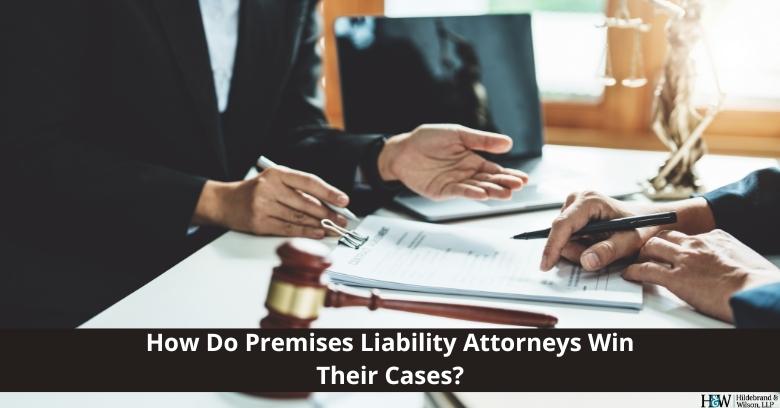
Right-of-way accidents are a common type of accident that attorneys who help clients involved in car accidents see in their practices every year.
According to reported statistics, more than 3,700 crashes or 7.1% of all traffic accidents that resulted in a fatality in 2017 were right-of-way accidents.1
Auto accident lawyers have found that these events are common because many drivers are confused about right-of-way and do not clearly understand their responsibility to yield or who is at fault when these two principles are not followed.
What Is Right-of-Way?
Right-of-way when driving a motor vehicle is the traffic law that states who has the right to proceed before other vehicles or pedestrians most often at an intersection when multiple vehicles or pedestrians are there at the same time.
Lawyers who handle auto crashes stress that right-of-way order is important to help people predict what the other drivers or pedestrians at the intersection should do so that everyone can go through the intersection correctly and safely.
Not following the order in right-of-way situations can cause confusion at intersections and increase the chance of an accident when one or more drivers or pedestrians attempt to enter the intersection at the same time.
Who Has Right-of-Way
Traditionally, right-of-way order is established based on who gets to an intersection first.
The first vehicle at the intersection has the right-of-way and so on, although there are certain exceptions to the rule as noted by car accident attorneys that include pedestrians, people on bicycles, school buses, emergency vehicles, and trains that always have the right-of-way before others at an intersection, after which the normal progression can continue.
Right-of-way in parking lots typically is given to those driving on primary lanes with those in feeder lanes required to yield.
Paved and main roads have right-of-way over unpaved roads and side streets.
In any of these cases, a driver who ignores the right-of-way order based on who was at the intersection first or the type of intersection will usually be found to be at fault
Right-of-Way and Responsibility to Yield in Texas
Texas traffic law actually doesn't specify who has the right-of-way but rather states who must yield under each set of circumstances and relied upon when determining fault in right-of-way accidents.
It’s an understanding of the law that auto accident lawyers find many drivers do not practice and instead believe that right-of-way takes precedence no matter what other drivers may be doing.
Texas traffic law highlights the fact that a driver should never insist on taking the right-of-way when it appears that another driver may not be following typical right-of-way laws and should instead yield to prevent an accident that doesn't need to happen.
Why Are Right-of-Way Accidents So Common?
Auto crash lawyers find that many right-of-way accidents happen because drivers either don’t understand how right-of-way works or are distracted.
Distracted driving in Texas accounted for 18% of all motor vehicle crashes in 2018 resulting in 394 deaths and 2,340 injuries considered to be serious.2
It’s critical that drivers understand that regardless of right-of-way, if someone fails to follow the order it is their responsibility to yield and let the other driver proceed in order to prevent an accident.
Know the Rules
Right-of-way and yielding are critical actions that all drivers are expected to observe at intersections when encountering other vehicles, pedestrians, bicyclists, school buses, and others.
Yet auto accident lawyers stress that you should never assume that every driver on the road knows proper right-of-way or is going to make the proper determination of who goes first at an intersection.
Practice right-of-way yet pay careful attention and be prepared to yield as well, in case someone else do that and prevent dangerous intersection accidents.
In these cases, the fault may be with a driver who fails to observe right-of-way, or it could be with you if you fail to yield when they don’t!
Hildebrand & Wilson, Attorneys at Law
7930 Broadway, Suite 122
Pearland TX 77581
1Insurance Information Institute: Facts + Statistics, ;Aggressive Driving, 2019
2Texas Department of Transportation, Driver, Share the Road: Talk, Text, Crash, 2019





